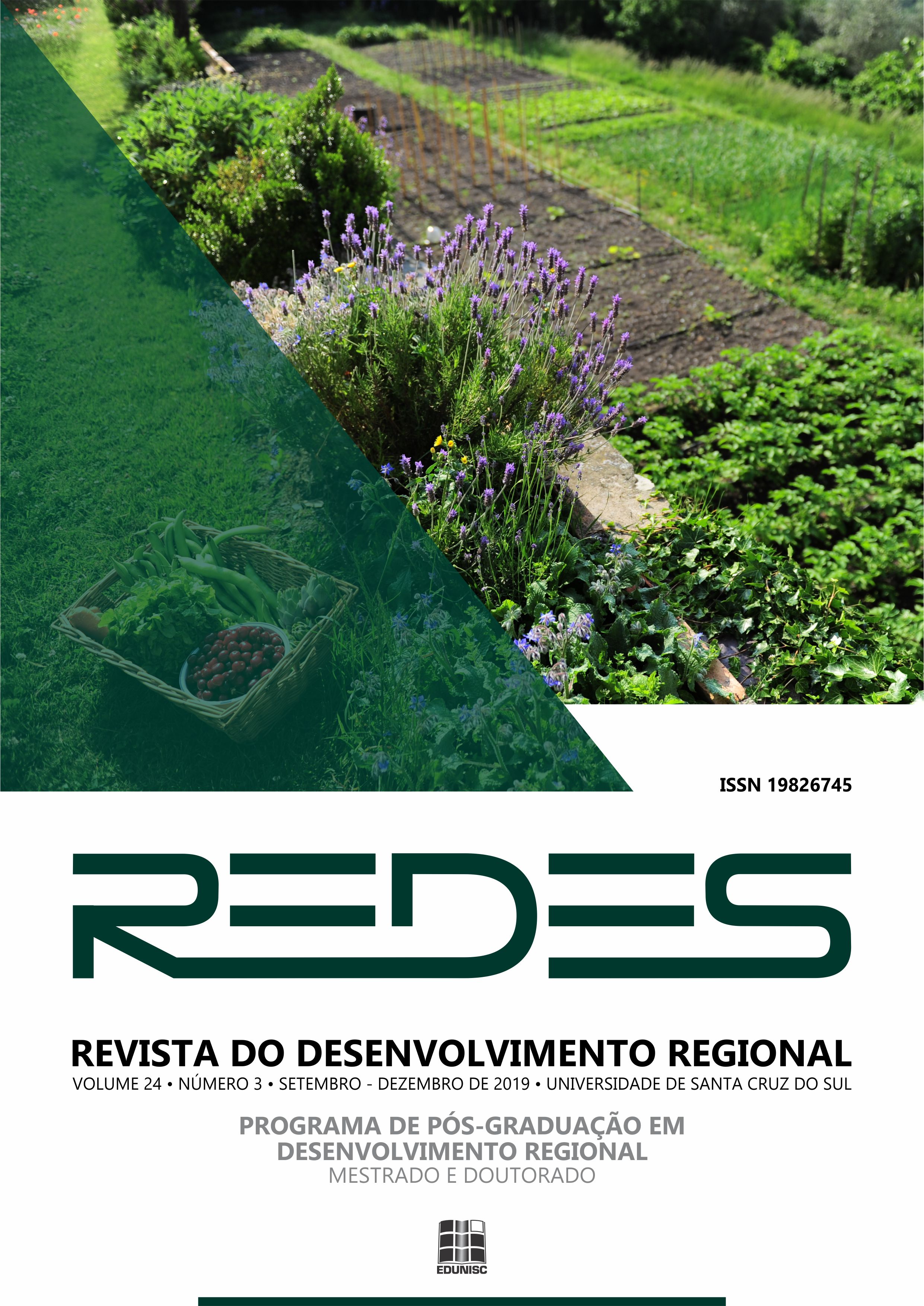Rural family agro-industries (RFAs) as a strategy for socioeconomic reproduction of family farming in the municipalities of Santo Augusto and Campo Novo – RS
DOI:
https://doi.org/10.17058/redes.v24i3.14125Keywords:
Agro-industrialization. Local Development. Strategies. Adding Value.Abstract
Rural family agro-industries (RFAs) have become an important strategy for socioeconomic reproduction in family farming. In this way, the aim of this article is to analyze - in a specific case - the importance of agro-industrialization processes in rural properties that partially or totally transform the raw material. And then, answer these questions: What is the importance of agro-industrialization processes in rural properties? How do RFAs promote socioeconomic reproduction of the family unit? The literature review is based on the discussions about the socioeconomic reproduction of family farming, the RFAs, here considered as a reproduction strategy of the families, and the contributions they bring to the context of rural development. The empirical research context involved the municipalities of Santo Augusto and Campo Novo/RS in the period of December 2017. The methodology consisted of a case study with four ARFs defined as agro-industry A (molasses processing), agro-industry B (processed meat), agro-industry C (cassava) and agro-industry D (bakery products). The results indicated that the ARFs appear as new practices of rural development, since they ensure the permanence of families in the field, mainly young people and women. Also, it is used by farmers as a complementary income strategy, adding value to the products and diversifying through pluriactive tasks, aiming a higher quality of family life. ARFs contribute directly to local socioeconomic development, preserving culture and traditions, since their products are sold in the municipality, as in supermarkets, schools, fairs, among others.Downloads
Download data is not yet available.
Downloads
Published
2019-09-03
How to Cite
Spanevello, R. M., Duarte, L. C., Schneider, C. L. C., & Martins, S. P. (2019). Rural family agro-industries (RFAs) as a strategy for socioeconomic reproduction of family farming in the municipalities of Santo Augusto and Campo Novo – RS. Redes , 24(3), 198-216. https://doi.org/10.17058/redes.v24i3.14125
Issue
Section
Rural and urban (re) configurations in food and the territorial perspective



